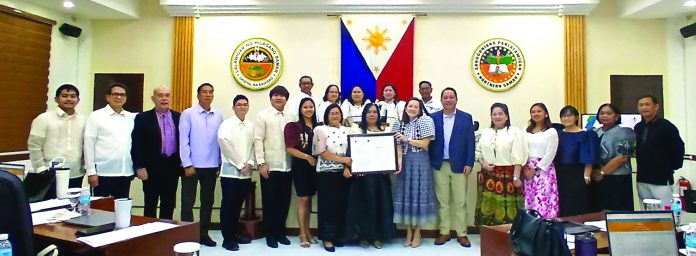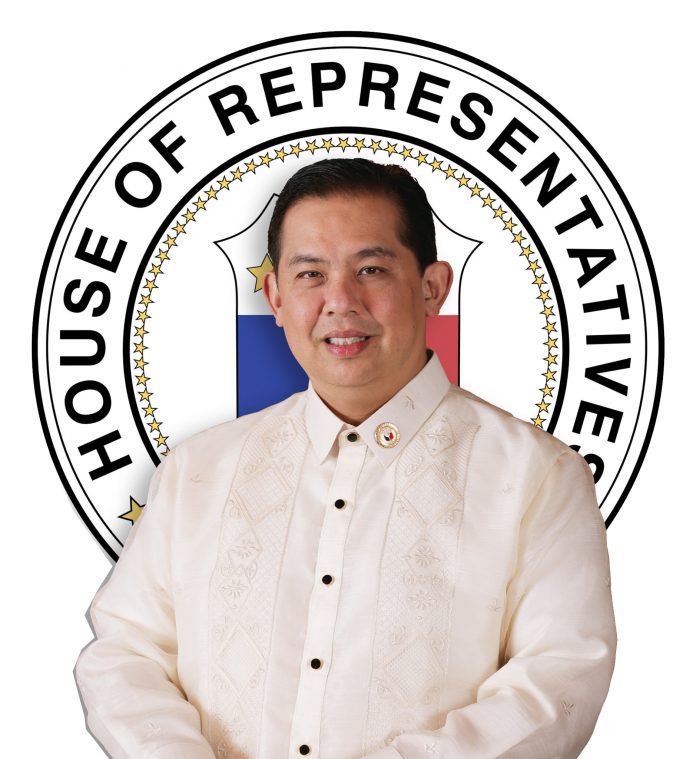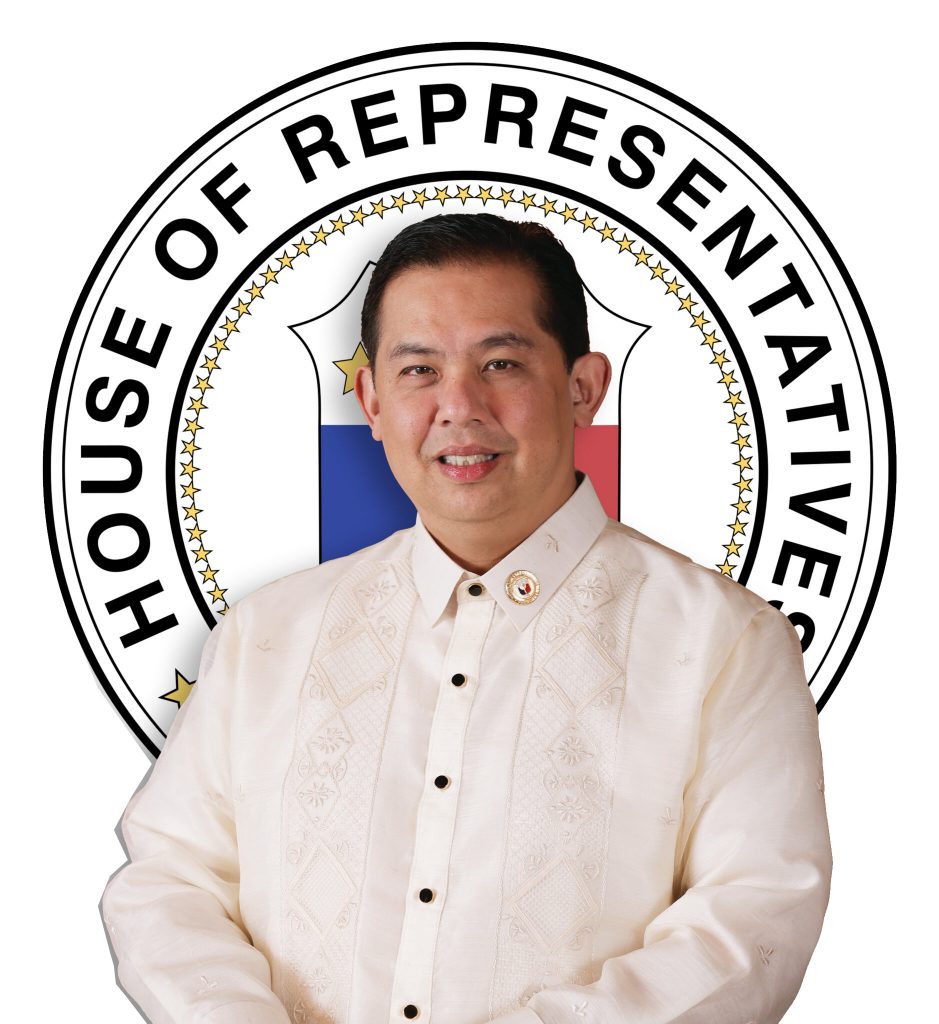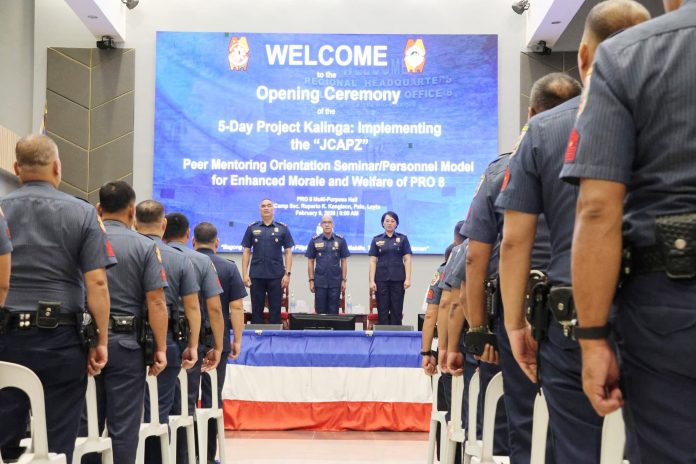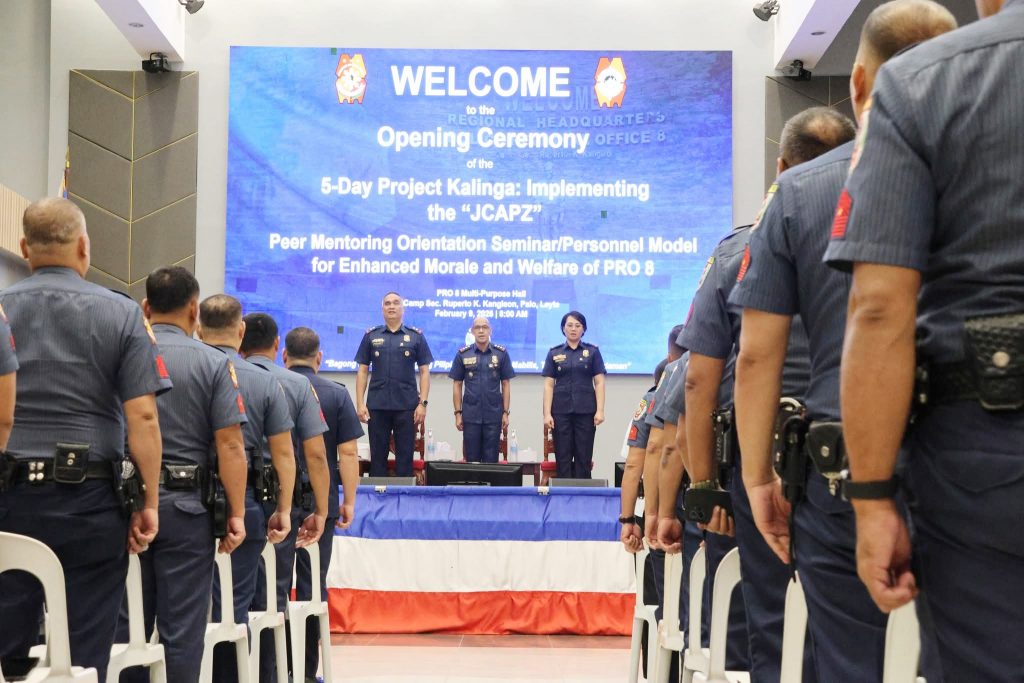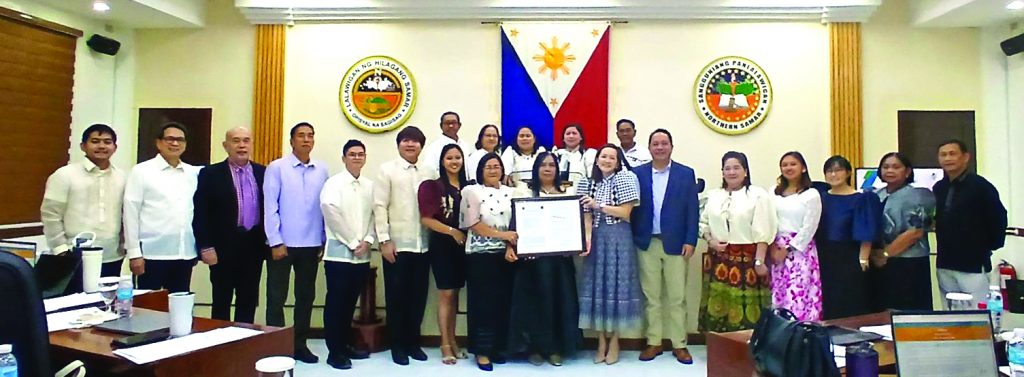
(PHOTO BY Municipal Agrarian Reform Program Officer Myrna Berbon)
CATARMAN, Northern Samar – The Sangguniang Panlalawigan of Northern Samar recognized the Department of Agrarian Reform (DAR) office in the area for its commitment to inclusive growth, sustainable rural development, and empowerment of agrarian reform beneficiaries (ARBs), bringing pride and honor to this province.
During their January 12 regular session this year, the Sangguniang Panlalawigan adopted Resolution No. 05, series of 2026, sponsored by Board Member Nadia Bianca Nicollete Ong, commending DAR Provincial Office of Northern Samar following the recognition of the Allen Agrarian Reform Community (ARC) as the “Most Progressive ARC in the Visayas,” in last year’s Gawad Agraryo held in San Juan City.
Ong, chairperson of the Committee on Agrarian Reform, stressed in her resolution, that DAR Northern Samar Provincial Office, headed by Provincial Agrarian Reform Program Officer II Jose Balberde, “has consistently demonstrated unwavering dedication in implementing agrarian reform programs and nurturing the growth and resilience of ARCs across the province.”
With the recognition received at the national level, Allen ARC, situated in Allen, Northern Samar, become a model of agricultural productivity, innovation and cooperation, said Ong.
Chief of the Program Beneficiaries Development Division at DAR Northern Samar Provincial Office, Emerita Anabe, along with Allen Municipal Agrarian Reform Program Officer (MARPO) Myrna Berbon, received the excerpt of said commendation in behalf of Balberde, who was out of town, from the Vice Governor and Sangguniang Panlalawigan presiding officer, Atty. Clarence Dato, during their regular session on February 9 this year.
With this recognition, Berbon said, “This inspires and motivates us to continue serving and giving our best.”
(CHRYSE GALLANO, DAR-8/PR)

